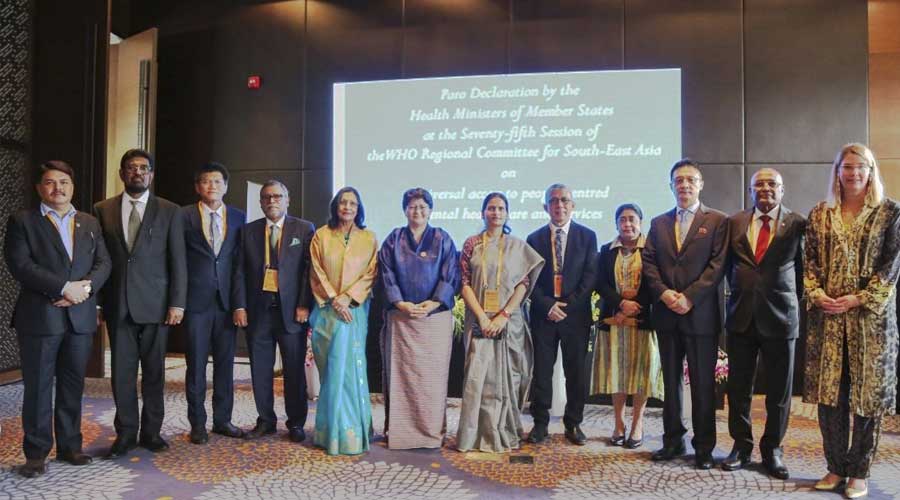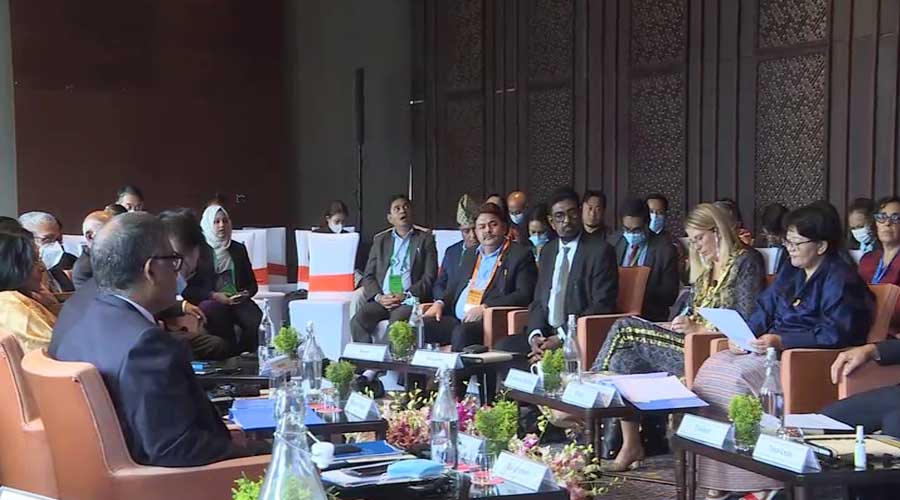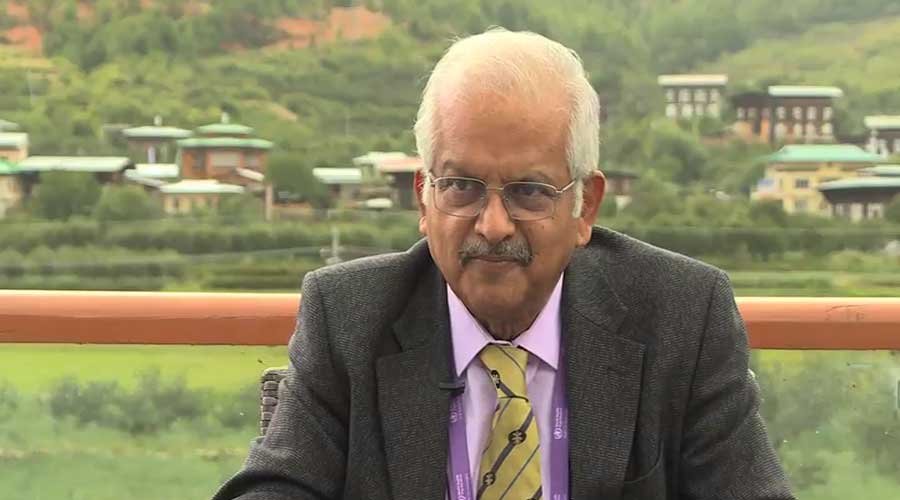
The country has seen significant progress in mental healthcare services in recent times. And it is expected to improve even further. The member states of the South-East Asia region adopted the Paro Declaration on mental healthcare and services, today. The declaration calls for addressing mental health through primary and community engagement in the region. Health Minister Dechen Wangmo tabled the declaration during the Ministerial Round Table at the 75th regional committee meeting.
The Paro Declaration aspires to take forward and prioritize the mental health agenda in the region. Mental health is considered an important determinant of social and economic development and it is also fundamental for individuals, families, and communities.

“The Declaration looks at various aspects of mental health in terms of programmatic gaps, services gaps, capacity building, and collaborative research. To come out with the Paro Declaration is a huge achievement for Bhutan and to champion mental health not just in Bhutan but also in the region,” said Lyonpo Dechen.
 According to the Health Minister, it is an important juncture where the initiative should be taken before it’s too late. Experts say the impact of mental health on societies and populations will be costly and immense if renewed urgent actions are not taken now.
According to the Health Minister, it is an important juncture where the initiative should be taken before it’s too late. Experts say the impact of mental health on societies and populations will be costly and immense if renewed urgent actions are not taken now.
“We realized that there are no comprehensive package services for mental health. Her Majesty took the leadership to put mental health at the forefront of the agenda. We realized that there was no service provision for people who were suffering from anxiety, chronic mental health issues, dealing with substance abuse, and dealing with violence. A lot of these programs were fragmented,” Lyonpo added.

Dr Mohan, a psychiatric specialist said that the pandemic has shown how inadequate mental health facilities are in countries across the world. He said the need to care for mental health is becoming increasingly important and that there is no health without mental health.
He says there is a need for a paradigm shift- services should be moved from hospital to community to primary care centres. Meaning that all the focus should not be on treatment. “But there has to be a shift to prevention and promotion. Also, if only specialists do the work, the work will not be carried out, you need to train general health workers,” said Dr Mohan Isaac, a Professor at the University of Western Australia.
According to experts, countries spend about only two per cent on mental health from their health budget. The declaration, therefore, is expected to enable regional cooperation and collaboration through the exchange of information, and technical support and enhance mental health services in the region. Officials from the WHO headquarters also committed their support to the declaration.
Namgay Wangchuk/Kinley Dem, Paro
Edited by Sonam






